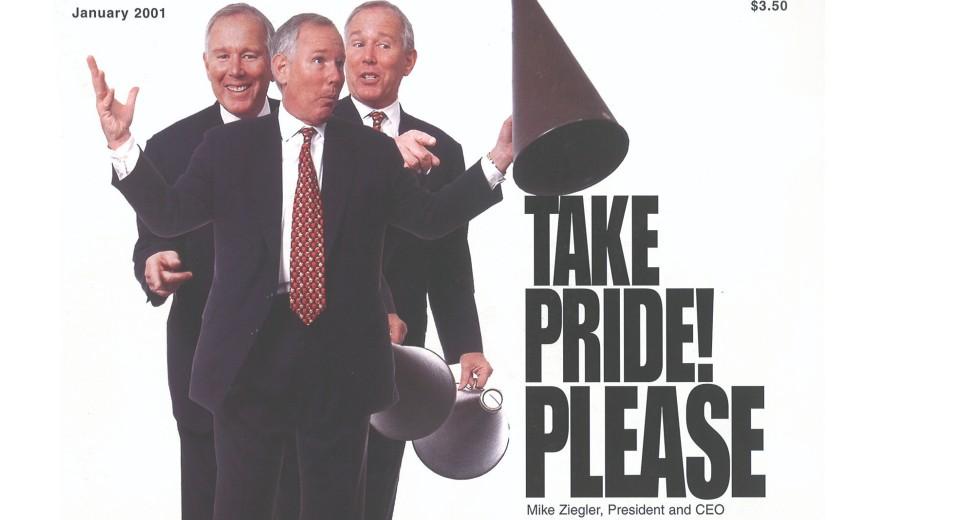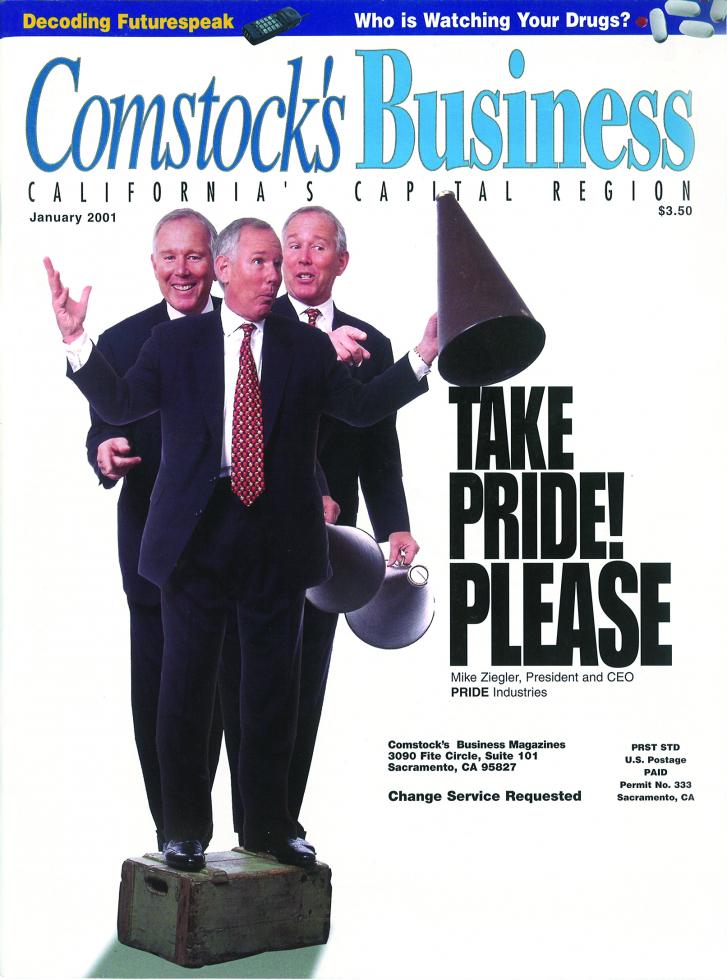
The business, social services, faith and activist communities
throughout the Capital Region lost that friend when Ziegler died
of cancer May 12 at 75. A former private-sector executive and
entrepreneur, in 1983 he became CEO of Roseville-based Pride
Industries, whose mission is to provide jobs, training and a very
large serving of self-esteem to people with developmental
disabilities. The nonprofit had 65 employees and a $250,000
annual budget when Ziegler took over. In 2019, according to its
annual report, it had more than 5,676 employees and more than
$341 million in annual revenue.
“Mike told me, ‘Pride needed me to get it this far. But it needs
you to make it go on,’’’ says Jeff Dern, who was promoted to
president of Pride Industries two years ago and now oversees the
organization. “I think he was referring to the fact that even
though it had been founded with a humbler name (Placer
Rehabilitation Industries), he started calling it Pride
Industries right off the bat to make us sound larger than we
were. At heart, he was a salesman. A great one.”
Stephen Fleming, president and CEO of River City Bank (and a
member of Comstock’s Editorial Advisory Board), served on the
Sacramento Host Committee and Greater Sacramento Economic Council
boards with Ziegler.
“His contribution to the growth of Pride Industries and the many
lives that were improved as a consequence was immeasurable,”
Fleming says. “Perhaps what we’ll miss most about Mike was his
unique ability to make everybody around him feel better because
of his wonderful sense of self-deprecating humor.”
Attorney and former Folsom City Manager Martha Lofgren (also a
member of Comstock’s Editorial Advisory Board) says she got to
know Ziegler during her tenure as interim CEO of the Sacramento
Metro Chamber of Commerce in 2011. “He had a unique ability to
make you feel like a longtime friend, even if you had known him
only a brief period of time,” she says. “He always thought big
and succeeded in implementing those visions. Generosity is his
brand, whether of time, resources or spirit. Thankfully, we will
hold onto his spirit. I will remember Mike’s laughter. The
sincerity of his good humor brought people of different factions
together.”
To Winnie Comstock-Carlson, founder, publisher and president of
Comstock’s magazine, “Mike Ziegler was a very unique and special
person who cared deeply about his friends, about his team, about
his community, about his family and about all those who worked
with him at Pride. He felt blessed to do the work he did,
never taking it for granted, and always using it to bring purpose
and joy into someone else’s life. He gave jobs to thousands —
jobs they might never have gotten anywhere else.”
Ziegler also had, Comstock-Carlson recalls, a streak of mischief
coursing through him. She asked him to speak at one of the
magazine’s events, “and in usual Mike fashion, he had to be a
bit different. He came on stage with a theatrical-quality
horse’s head over his own, yelling out ‘Winnie! Winnie! Winnie!’
Everyone laughed, of course. Mike couldn’t resist the urge
to change my name into the sound of a horse’s neigh.”
But, she says, Ziegler knew when to be serious about his work.
“He had an incredible impact on the lives of many people
who would otherwise likely have just faded into the woodwork
because of their disabilities,” Comstock-Carlson says. “Instead,
he turned them into a productive workforce, giving them
self-esteem, giving them a livelihood. … How cool is that?”
Comstock-Carlson also mentions an experience many of us shared
the first time we toured Pride’s main facility. “Mike knew his
employees’ names by heart,” she says. And why not? He wasn’t just
their boss. He was their friend.
Recommended For You
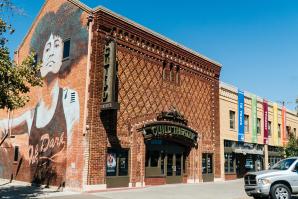
St. HOPE’s Dual Approach in Oak Park Can Be a Model for Other Nonprofits
Cities across the country struggle with how to revitalize historically disenfranchised neighborhoods. An interesting and successful model — using public education, economic development and self-empowerment to drive change — has had a profound impact on a local underserved community.

Can Nonprofits Scale to Solve Community Problems?
It’s a familiar sentiment expressed by a local donor: The charity she supports is asking for money with increasing frequency. Yet nothing changes for the better, and now duplicate groups are popping up, all of them requesting funds to address the same problem. To her, the requests seem endless.
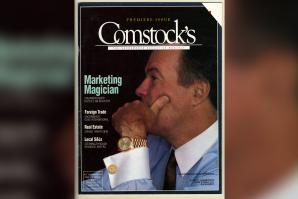
30 Years of Newsmakers: Part 1 (1989-1997)
As Comstock’s celebrates its 30th anniversary, we take a look back at our most-memorable covers. This is the first of a four-part series published Mondays.
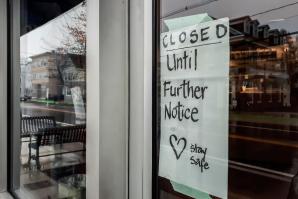
The COVID-19 Pandemic Calls for Patience, Not Panic
Comstock’s founder and publisher reflects on the coronavirus pandemic and the people who are working to lessen the blow in the Capital Region.



